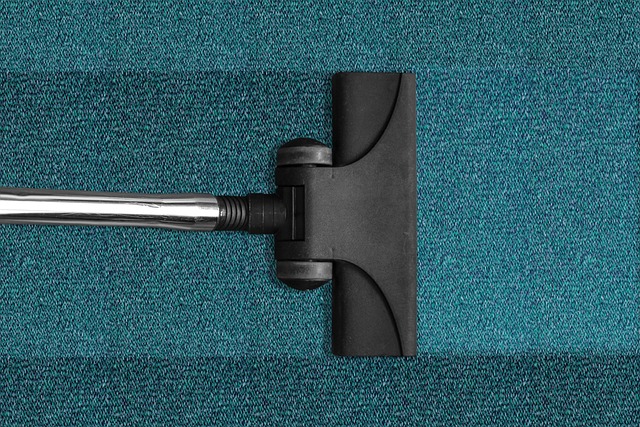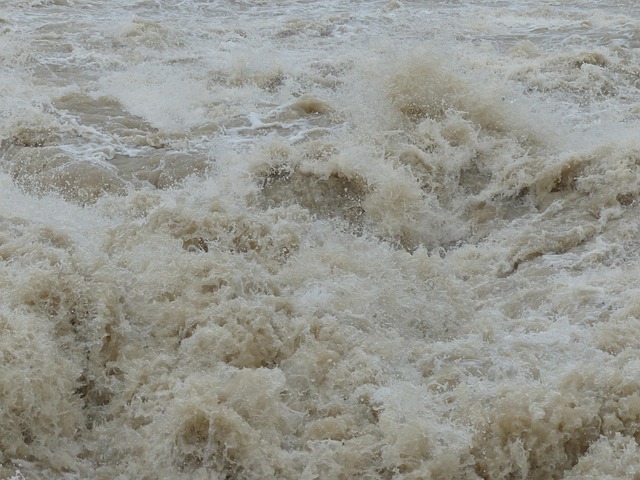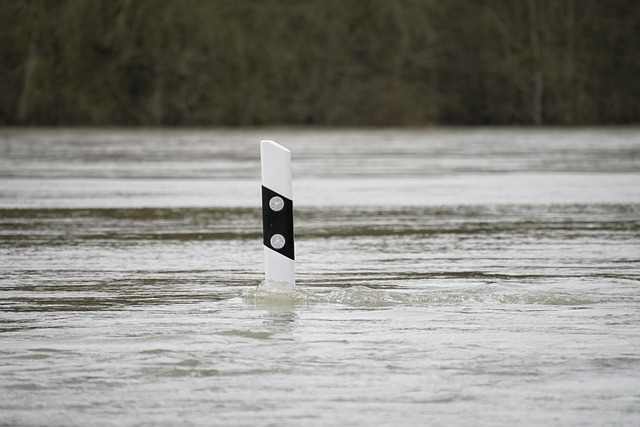After a Denver flood, review insurance policy for "special coverage" and understand limits/deductibles. Contact your provider immediately to initiate claims, access water damage restoration services, and document damage with photos and records. Prioritize safety, remove standing water, turn off electricity, and avoid flooded areas until inspected. Clean and sanitize after removal of floodwater, maintaining meticulous records for claim approval. Initiate rebuilding with code-compliant repairs, keeping receipts and communication documented throughout the Denver flood cleanup process.
After a devastating Denver flood, navigating insurance claims and rebuilding efforts can seem overwhelming. Understanding your insurance coverage is crucial for a smooth process. This guide provides essential tips on managing your policy after a flood, from assessing damage during cleanup to filing claims and rebuilding your home or business efficiently. By following these steps, you’ll be better equipped to handle the aftermath of a Denver flood and restore your property.
- Understanding Your Insurance Coverage After a Denver Flood
- Steps to Take During and Immediately After the Cleanup
- Navigating Claims Process & Rebuilding Your Home or Business
Understanding Your Insurance Coverage After a Denver Flood

After a Denver flood, understanding your insurance coverage is crucial for effective Denver flood cleanup. The first step is to review your policy documents carefully. Note that standard homeowner’s insurance policies typically cover damage caused by water, including flooding, but the extent of coverage depends on your specific plan and the circumstances surrounding the event. Look for terms like “special coverage” or “additional living expenses” which can provide financial assistance during the repair process.
Remember that while your policy may cover water extraction for homes and dealing with structural water damage, it’s important to understand the limits and deductibles. Some policies have specific exclusions for certain types of flooding, such as flash floods or sewer backups. Contacting your insurance provider promptly after a flood event ensures you can begin the claims process and access necessary services like Water Damage Restoration Denver to mitigate further damage and restore your property.
Steps to Take During and Immediately After the Cleanup

After a Denver flood, the initial focus is on safety and securing your property. Begin by evacuating if necessary and contacting local authorities or emergency services. Once it’s safe to return, start documenting the damage—take photos and keep detailed records of affected items. Contact your insurance provider immediately to report the incident; they can guide you through the claims process and provide initial assistance.
Next, focus on stopping further damage. Remove standing water using pumps or professional water extraction services for both homes and businesses. Local flood cleanup teams can help with debris removal and structural drying, ensuring mold prevention. Turn off electricity at the main circuit breaker to avoid electrical hazards, and don’t enter flooded areas until they’ve been inspected. Prioritize cleaning and sanitizing to restore a safe living environment.
Navigating Claims Process & Rebuilding Your Home or Business

Navigating the claims process after a Denver flood can be overwhelming, but understanding the steps involved can help ease the burden. The first priority is to document everything—take photos and keep records of any damaged belongings, as well as notes on repairs made or estimated costs for rebuilding. Contacting your insurance provider promptly is crucial; they will guide you through their specific procedures and assign an adjuster to assess the damage. This adjustor will provide a report outlining the scope of work required for repair or replacement.
During this time, consider hiring professional services for emergency water removal in Denver, especially if there was significant water intrusion. Water extraction for homes or businesses is essential to prevent mold growth and structural damage. Once approved by your insurance company, begin the rebuilding process. Whether it’s a home or business, ensure that all repairs meet local building codes and consult with professionals who can provide quality workmanship. Remember to keep detailed records of receipts and communication throughout the claims process for easy reference and smooth financial resolution.
After a Denver flood, navigating insurance claims can seem overwhelming, but understanding your coverage and taking prompt action is key. By familiarizing yourself with your policy, documenting cleanup efforts, and communicating effectively with your insurance provider, you can streamline the reconstruction process. Remember, timely steps during the initial cleanup phase will not only ensure a smoother restoration but also help in securing the necessary funds for rebuilding your home or business through insurance claims.



